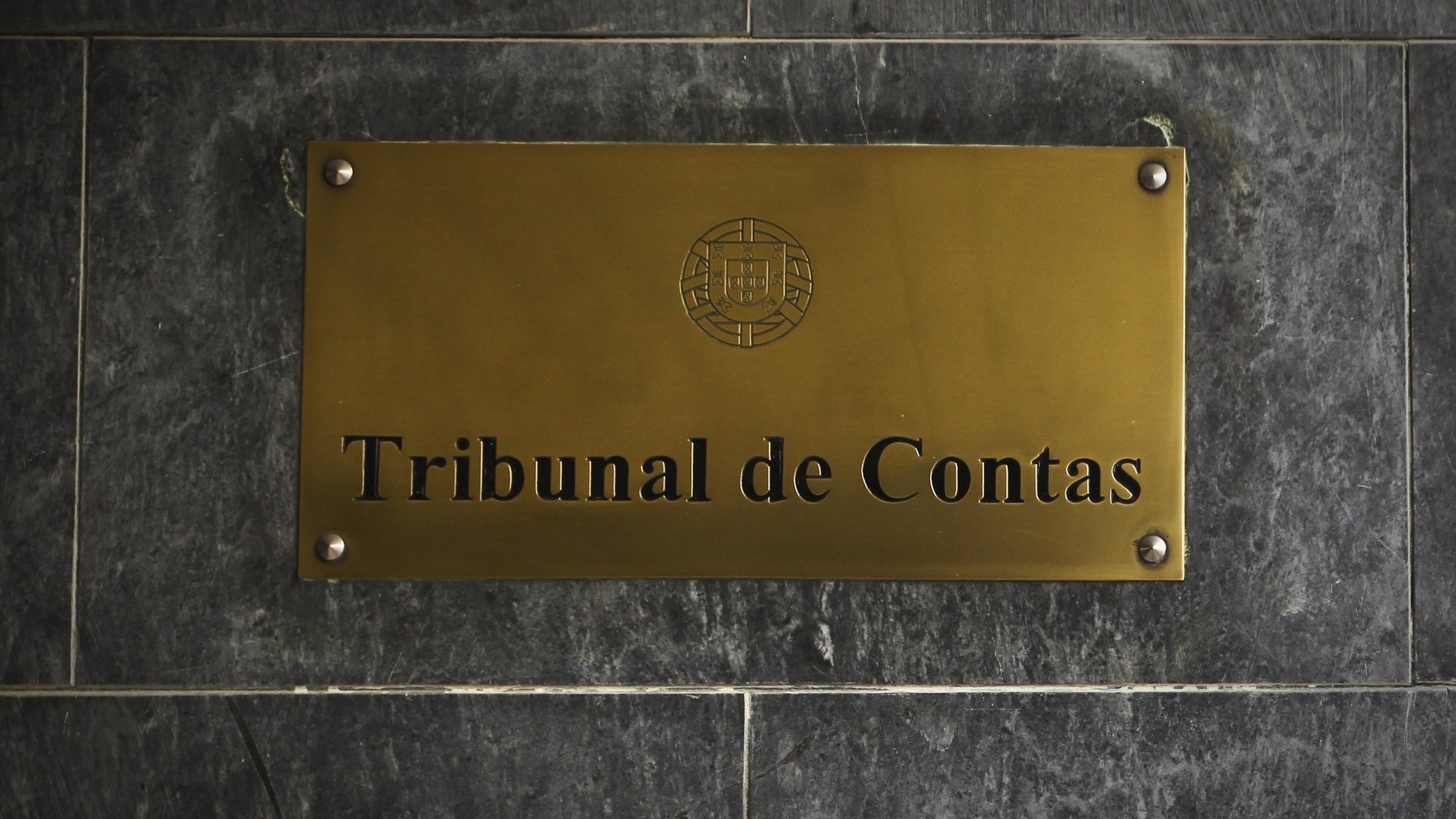The Court of Accounts has detected flaws in some of the state support provided to the Private Institutions of Social Solidarity (IPSS) during the pandemic, and recommends that there be more adaptable support for future situations, according to a report released this Friday.
The audit report “Covid-19 — State Support to the IPSS with Residential Structures for the Elderly” indicates that the houses were supported in 2020 by “several public entities”, in the face of the emergency of the Covid-19 pandemic, but still “ the dimension of the adverse impact of the pandemic on ERPI in 2020 was significant”.
The Court of Auditors (TdC) states that the State launched various support measuresof a financial and operational nature, with which the ERPI “maintained its activity despite the negative impact of the disease”.
Support was instituted to mitigate the impacts of the pandemic on the IPSS with an increase in operating expenses (52.9 million euros), to reinforce the number and training of human resources (25.5 million euros) and through protection measures and treasury and liquidity support, 79.6 million euros were granted in loans and the repayment of 1.4 million euros of loan installments was deferred,” the report reads.
The document adds that monitoring and follow-up visits to preventive measures were also carried out in homes and a program of preventive tests for housing workers was launched.
Despite all this support, the dimension of the impact on the ERPI “was significant” and gives as an example that in 2020 around 46.9% (1,189) of the ERPI had confirmed cases of covid-19 and that of the almost 24,000 cases confirmed infections, the majority (69.9%) corresponded to users, in addition to 1,923 deaths.
The ToC establishes that households with a collaboration agreement benefited in 2020 from two increases in financial contributions by Social Security, one ordinary of 10 million euros and another extraordinary of 5.5 million euros.
“In the last three months of 2020, the calculation of the economic contribution paid by Social Security to the ERPI must be made with reference to the pre-pandemic frequencies, if they are higher. Potentially, the measure could cover 379 IPSS, but in 2020 only 18 were supported”, says the TdC.
According to the TdC, this measure could have benefited some 441 ERPI, among 379 IPSS, corresponding to 4,047 users, but “the majority of payments to the IPSS were pending, with the economic execution in 2020 of only 59.7 million euros , covering 18 IPSS”.
He gives as an example the “Adaptar Social+” program, which had a strong support, “but its impact was limited by an insufficient initial allocation in response to demand, difficulties for entities to fill out application forms and delays in approving applications” .
According to the ToC, “the emergency context did not allow the development of an information systemor for the operation of the program or electronic forms” and detected several deficiencies in the information for the registration of applications and monitoring of the program.
It also points out that the financing granted to social economy entities through the Covid-19 Social Sector Support Line amounted to 81.4 million euros, that the IPSS with debts to the Solidarity Sector Restructuring Fund had the opportunity to request the postponement of reimbursements scheduled for 2020 and that the MAREESS program helped to fill the shortage of personnel in the institutions.
It also mentions that the Rapid Intervention Brigades (BIR) were important for the maintenance in operation of the ERPI during the fourth quarter of 2020, particularly those affected by outbreaks, supporting these brigades to 250 homes between October and December 2020.
It is noteworthy that testing was promoted for ERPI professionals, continuous care units and other social responses dedicated to the elderly, and that vacancies were created in an extra collaboration agreement in the ERPI for older people who continued to be hospitalized after being discharged from the clinic due to social causes and who needed a welcome response.
The audit also serves for the TdC to make recommendations to various public entities, including the Ministry of Labour, Solidarity and Social Security, which suggests developing a national strategy of active employment measures in the field of support for the elderly and which in future emergency situations, consider the creation of a more comprehensive and adaptable support, in order to simplify and streamline procedures.
On the other hand, it recommends the Social Security Institute, the Employment and Vocational Training Institute and the Development Bank to create more robust monitoring and control mechanisms and the detection and correction of irregularities.
Specifically for the ISS, the ToC recommends that simplify application processes for programs and support and carry out control actions on the support granted under the Adaptar Social+ program and disseminate the results.
Source: Observadora
